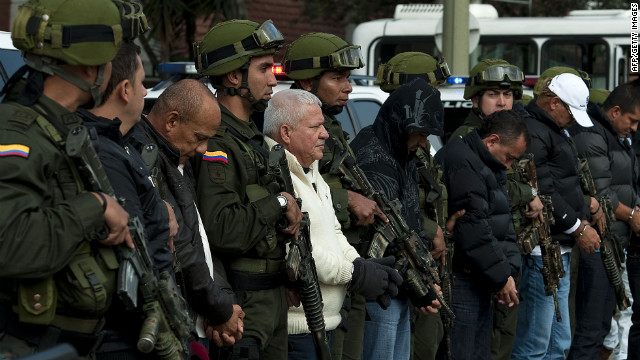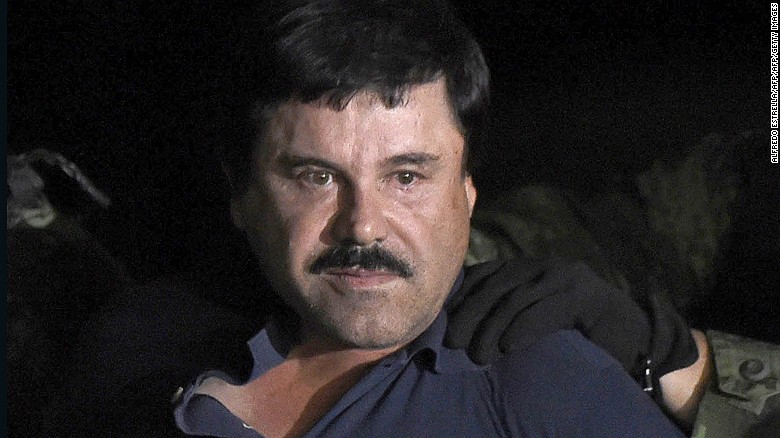Bipartisan Senate Group Unveils New Bill to Speed Up VA Firing, Bonus Recoupment
The new bill comes just days after a federal appeals court ruled Congress’ previous attempt at hastening VA’s disciplinary process — through the 2014 Veterans Access, Choice and Accountability Act — was unconstitutional. The measure stripped Senior Executive Service employees of their right to a second-level appeal before the Merit Systems Protection Board’s presidentially-appointed, Senate-confirmed panel. VA had already stopped using the new authority after its constitutionality was questioned in court and the Obama administration declined to defend it.
The senators have been working on their new bill for weeks, but they said the court ruling reinforced the need for reform. “This legislation would improve on the law we enacted in 2014,” Rubio said.
The bill would allow the department’s secretary to fire, suspend or demote an employee with only 15 days notice. Affected workers would then have seven days to issue a response before a final decision is made. Any employee facing removal, suspension of at least 14 days or a demotion would have 10 days to appeal the action to the Merit Systems Protection Board. MSPB would then have 180 days to issue a decision, a much longer period than the 45-day timeline set up in the House bill. Employees would maintain the right to appeal an MSPB decision to federal court.
Employees covered by a collective bargaining agreement would also maintain the right to appeal a negative personnel action through the grievance process, though it would have to be resolved within 21 days. Read more here.
Meanwhile, there is that blasted union problem at the VA:
An estimated 346 employees in the Department of Veterans Affairs do no actual work for taxpayers. Instead, they spend all of their time doing work on behalf of their union while drawing a federal salary, a practice known as “official time.”
That’s according to a report by the nonpartisan Government Accountability Office. But exactly what those VA workers are doing and why so many are doing it is not clear. The VA doesn’t track that, and the GAO report offers no clue.
Rep. Jody Arrington, R-Texas, a member of the House Veterans’ Affairs Committee, thinks the number on 100 percent official time may be much higher. He also notes that the 346 workers don’t include those who spend most, not all, of their time doing union work.
“The lack of accountability at the VA when it comes to monitoring official time suggests it might be worse,” said Arrington, who has introduced legislation that would require the department to track the use of official time, among other reforms.
Pointing to the waiting list scandals at the department, Arrington said the official time situation is reflective of the “broken culture at the heart of the VA” and adds, “I haven’t heard one good, acceptable reason why the practice has continued.”
The VA was not eager to discuss the matter with the Washington Examiner. After several days of inquiries, it responded with the following statement: “VA believes that the appropriate use of official time can be beneficial and in the public interest as stated in the Federal Service Labor-Relations Statute, which governs how executive branch agencies treat official time. VA takes the position that labor and management have a shared responsibility to ensure that official time is authorized and used appropriately. VA practices are in compliance with the Federal Service Labor-Relations Statute.”
Official time is allowed under the 1978 Civil Service Reform Act. The idea behind it is to ensure that a federal employee who is also a union official won’t be penalized for being away from work if he or she is negotiating a contract or addressing a worker grievance, for example. It is essentially a trade-off for the limitations put on federal unions, such as prohibitions on striking.
At least 700 federal workers do nothing but work on official time, according to the GAO and data obtained from various Freedom of Information Act requests. The VA uses official time far more than any other agency.
“Employees spent approximately 1,057,00 hours on official time for union representation activities … In addition, the data show that 346 employees spent 100 percent of their time on official time,” the GAO found in a January report.
It is possible that even those figures are conservative. The GAO said the said the VA’s poor monitoring meant the data was “inconsistent and not reliable.”
The GAO didn’t know what the employees are doing with all of that time. “We just didn’t get into that in that particular study,” said Cindy Barnes, the GAO’s director of education, workforce and income security issues and author of the report.
Part of the explanation is that the VA is one of the largest federal agencies with 373,000 workers, making it second only to the Pentagon in the sheer size of its workforce. About 250,000 VA workers are covered by collective bargaining agreements, according to the GAO, citing 2012 data. Arrington puts the covered figure at 285,000.
By comparison, the Department of Homeland Security has 240,000 workers and the Department of Commerce has just under 44,000 workers. But those departments get by with proportionately far fewer people working exclusively on official time. DHS has 39, while Commerce has just four.
Another factor is that the VA’s workforce is represented by no less than five unions: The American Federation of Government Employees, the National Association of Government Employees, National Nurses United, the National Federation of Federal Employees and the Service Employees International Union.
National Nurses United representative Irma Westmoreland was the only union official willing to talk about the practice with the Washington Examiner. She is one of five nurses union members who work exclusively on union time at the VA. The union has another nine who spent 80 percent of their time at the VA on official time, she said.
Westmoreland said her work was necessary because nurses can’t simply stop taking care of a patient to do something like address a worker grievance. People such as her do the union work and make it possible for the other nurses to focus on providing care.
“I have to travel across the country working with 23 VA facilities in four time zones,” she said. “The management teams want somebody at 100 percent official time so they don’t have to pull somebody out of care.”
But not everyone at the VA is involved in care. So what are the other 341 exclusive official time workers doing? Westmoreland had no insight.
“I don’t know how the other people do it,” she said.
American Federation of Government Employees President J. David Cox told Arrington’s subcommittee in February that official time involved activities such as “designing and delivering joint training of employees on work-related subjects and introduction of new programs and work methods that are initiated by the agency or by the union.”
He added that “in no way did the [February GAO] report suggest that the use of official time presents problems for the department.” The report sought only to quantify the amount of time used.
Arrington argues that the practice has to change if the VA is ever to be truly reformed. He has sponsored the Veterans, Employees and Taxpayer Protection Act, which would require the VA to track the use of official time. It also would prohibit employees involved with direct patient care from spending more than a quarter of their work hours on union activities and bar any VA employee from spending more than half of their time on official time.
The legislation would effectively put VA employees under right-to-work protection. The VA would be prohibited from agreeing to union contracts that force workers to join or otherwise support a union as a condition of employment.
Westmoreland said she has no trouble with better tracking the use of official time but warns against putting any limitations on its use.
“It makes it very difficult if you cannot have set official time,” she said.



 CNN
CNN